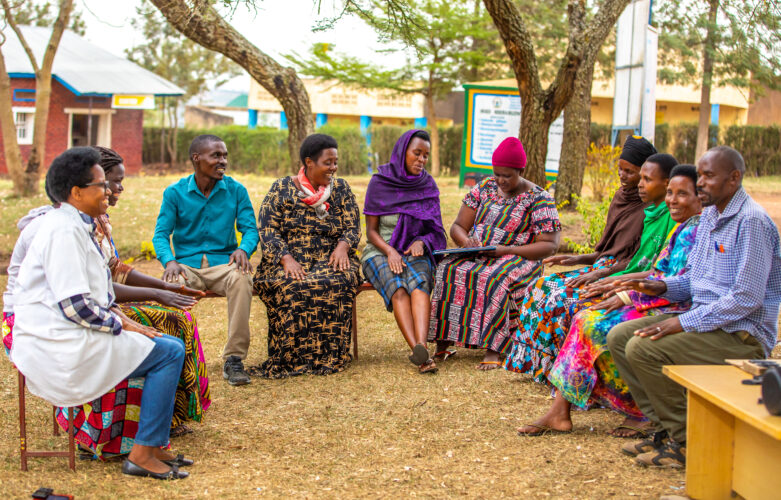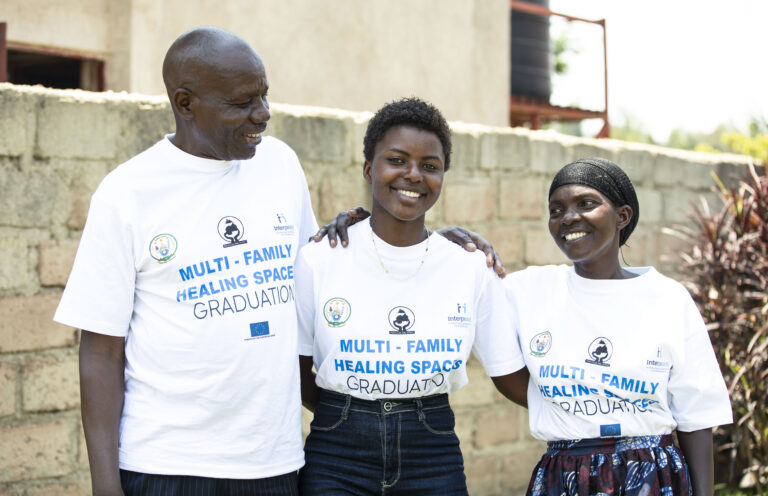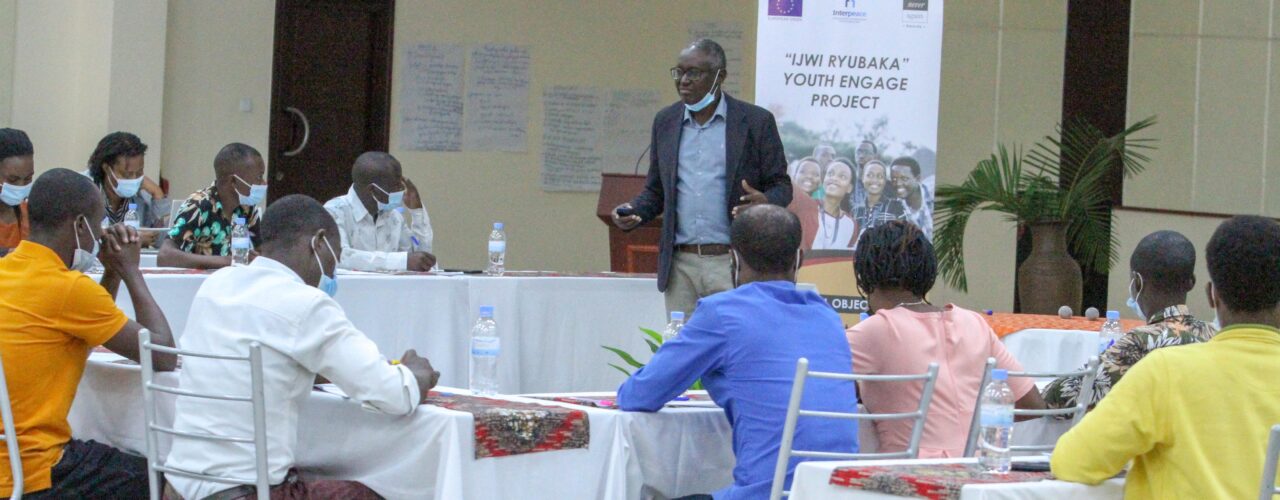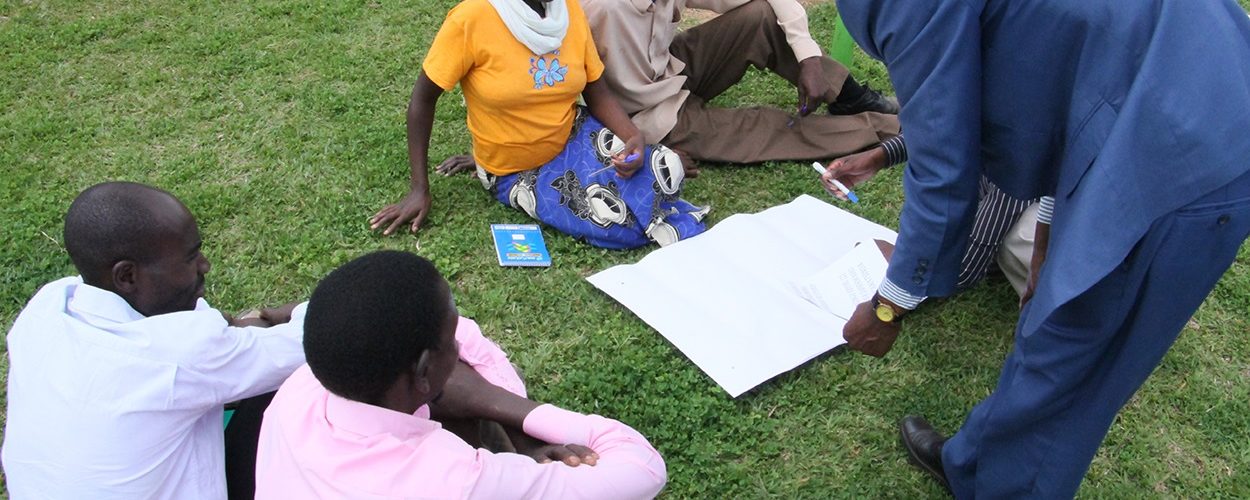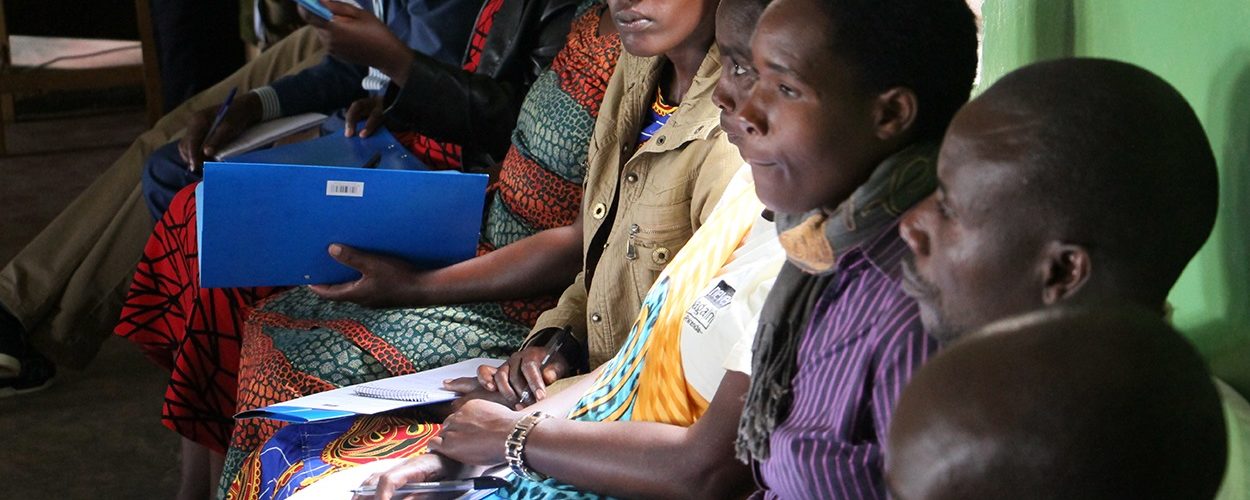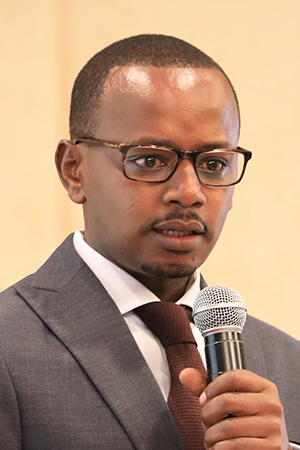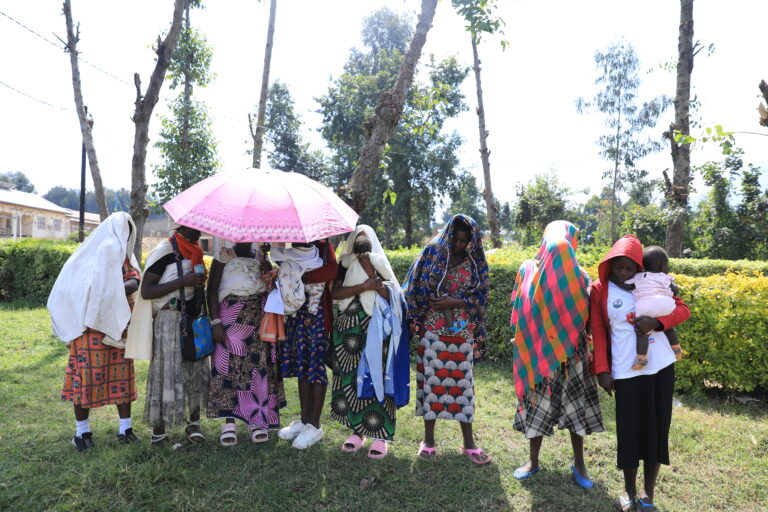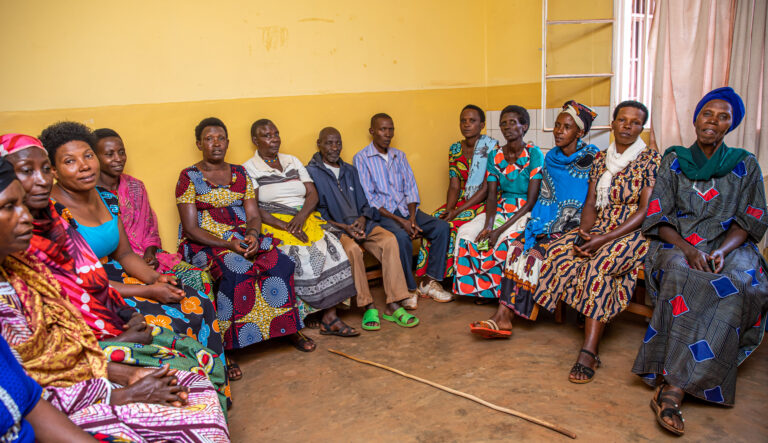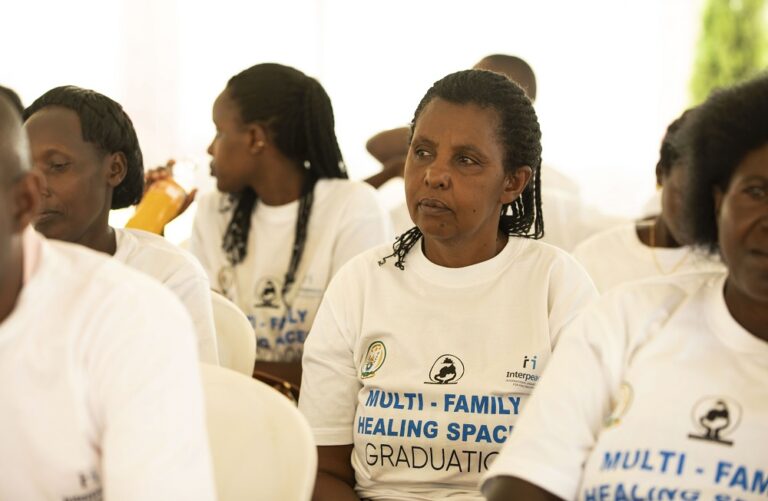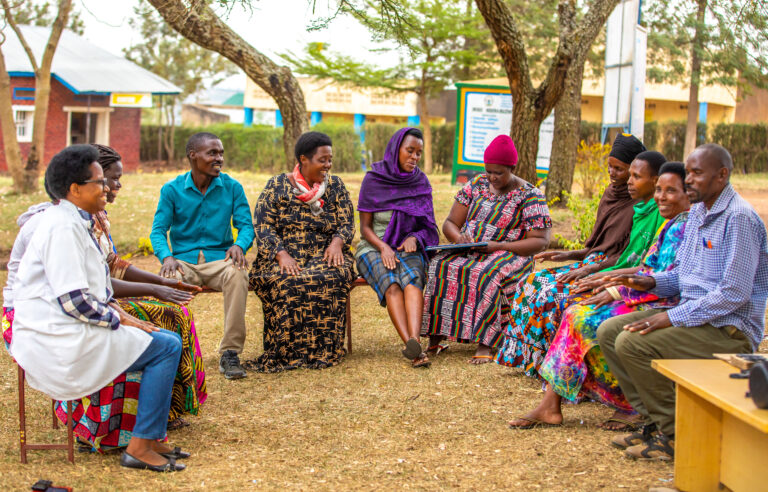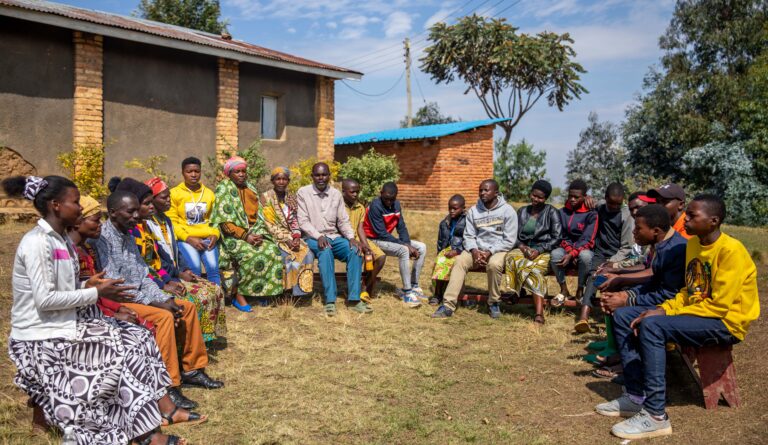More than three decades after the Genocide against the Tutsi in 1994, Rwanda continues to grapple with widespread trauma, particularly among survivors. At the same time, the release of several individuals convicted of genocide-related crimes—alongside the expected reintegration of over 20,000 additional prisoners in the coming years—is likely to heighten anxiety and exacerbate mental health and psychosocial challenges. These effects are not limited to survivors but extend to the families of the released prisoners and the wider community. This reality poses a significant challenge to ongoing efforts to promote social cohesion and reconciliation across Rwandan society. The situation is further compounded by a range of additional risk factors, including emotional and substance abuse, sexual and gender-based violence, family conflict, social tensions, economic hardship, and the intergenerational transmission of trauma and genocide legacies.
In response to this reality, Interpeace and its local partners, including Prison Fellowship Rwanda (PFR), Dignity in Detention Organization (DIDE) and HAGURUKA, are implementing a programme entitled: ''Reinforcing Community Capacity for Social Cohesion and Reconciliation through Societal Trauma Healing.” This innovative initiative offers a holistic approach to simultaneously address mental health, promote social cohesion, support psychological rehabilitation and reintegration of prisoners and stimulate collaborative livelihoods of individuals and communities.
With funding from the Government of Sweden through the Swedish International Development Cooperation Agency (SIDA), the programme provides safe spaces for dialogue, healing, and capacity strengthening of existing formal mental health structures and local societal healing practitioners to strengthen a comprehensive and community-based mental health and psycho-social support system. Building on a successful European Union-supported pilot in Bugesera district (October 2020-December 2022), this initiative epitomises Interpeace's commitment to healing and resilience in Rwandan communities.
